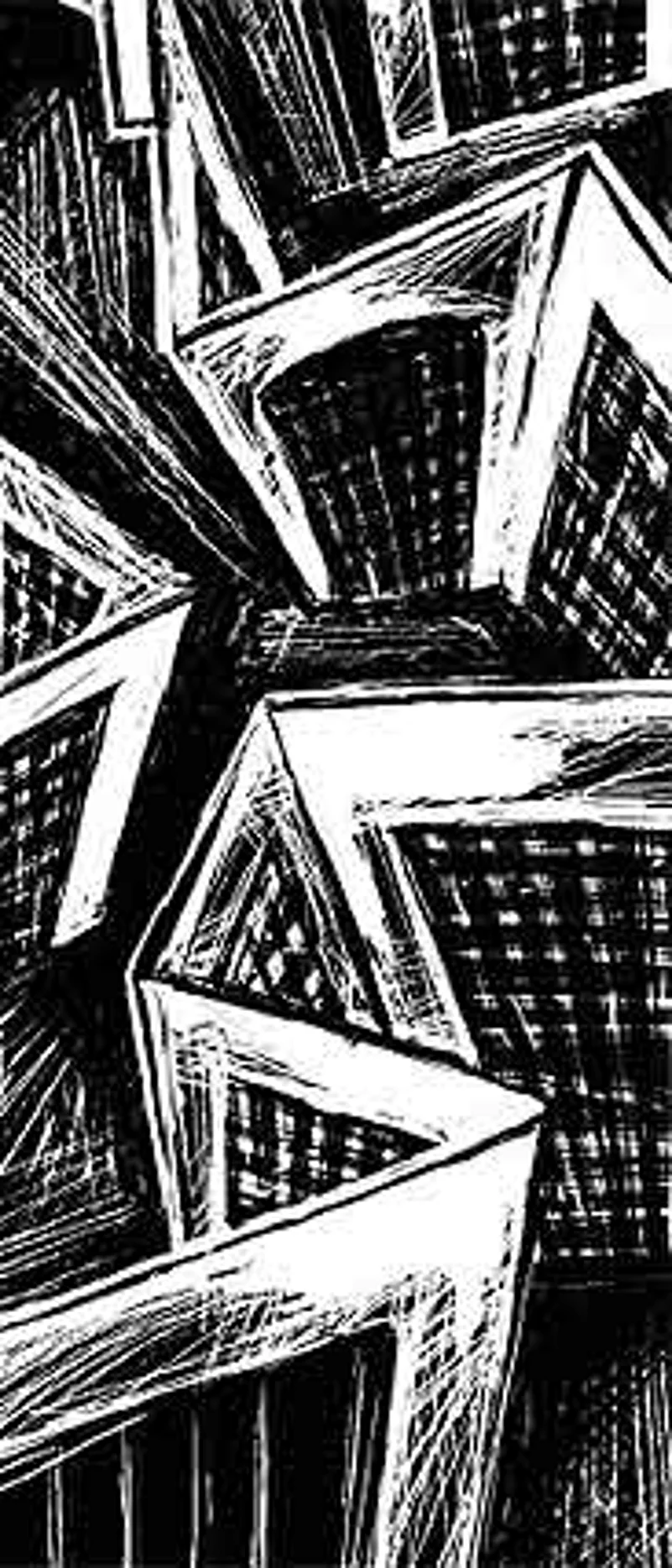When William Dalrymple called Delhi the city of djinns, the name stuck because none of us could think of a better description for the city we lived in. This is because, despite being home to 14 million people, Delhi does not have a living, breathing personality. Some say this is because it is an immigrant city. Others blame it on the fact that Delhi is the capital and therefore the large numbers of bureaucrats, politicians and lobbyists stifle it. But what Delhi has in abundance is distance—a distance not just physical but mental and emotional. In this sprawling, exploding, chaotic city the rich and the middle class live in clubs and in neighbourhood ‘colonies’ that are the new incarnations of the cantonments and civil lines in which their erstwhile colonial masters lived. And just as the Goras once did, they too worry about who gets in and who should be kept out. They impose their will through a system of gates.

I had once hoped that Liberalisation would end this stifling new segregation. At first it seemed to, as cafés, restaurants, nightclubs—a whole host of public places—sprang up in and around the gated colonies. But I was wrong. The system only got more entrenched and has now seeped out of the gates to permeate the streets, the malls, and even the pavements of the city. Entry to most bars, restaurants, theatres and nightclubs is strictly controlled. Bouncers at the gate of every club and restaurant in Delhi look a person over and decide whether he or she can enter. Guest lists and membership cards are de rigueur to keep out the ‘gatecrashers’. Perhaps the best example of this obsession is Elevate, which sells itself as the best nightclub in Delhi (even though it’s inNoida). The club has four levels but entry into all but the bottom level is restricted. "This is so that our VIP clients don’t feel uneasy. They can party all they want with people of their own kind," the apple-cheekedterylene-suited manager told me with new-found pride, "that’s how we get the right crowd in here, night after night."
So Delhi is today a gated city par excellence. But what is wrong with that, you must be wondering? Why is she getting so upset? Gates offend me because they are the ultimate instruments of control in an unjust society. Unlike a wall, which unambiguously tells you to stay out, a gate entices only to deceive. It says ‘come in’, but quietly reminds you that it has the power to tell you to stay out. It turns what should be a right—the freedom to roam the streets of Delhi— into a privilege. So while a gate pretends to be democratic and friendly, it is actually the first instrument of an authoritarian state. That is why I hate gates.
I hate the neighbourhood gates most of all. They exude fear and helplessness. They are a tacit admission by the Indian middle classes of their fear of the ‘horde’. They are an admission that in one important respect at least the great nation-building project has failed. Gates tell us that there are and always will be ‘manyIndias’.
This piece originally appeared in the second sample issue of Delhi City Limits





















